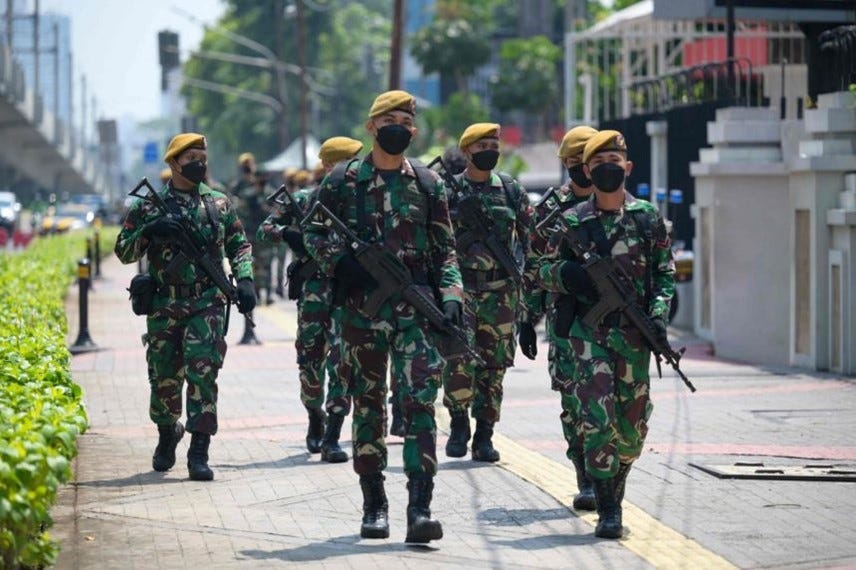Indonesia Restricts Press Coverage of Restive Province
Press freedom denied in Papua
Although informal reports seeping out of Papua over recent weeks hint at rising tensions in Indonesia’s most restive province, the government is keeping a tight lid on access by both domestic and international journalists, raising suspicions of a cover-up of ‘irregularities,’ and that Jakarta fears growing openness to a pro-independence campaign.
Clearly…
Keep reading with a 7-day free trial
Subscribe to Asia Sentinel to keep reading this post and get 7 days of free access to the full post archives.

